My Midterm Predictions: Can Democrats Keep the Senate? (PART 1)
October 3, 2022
Though there are 34 Senate seats up for re-election, less than a dozen can be called competitive. Despite facing economic headwinds and a historically challenging presidential midterm, Democrats have proven remarkable strength in the race for control of the Senate.
The current makeup of the Senate is split dead-even, with Democrats given the majority due to Vice President Kamala Harris’ tie-breaking vote. That means Republicans only need one Democratic-held seat to take the majority. But it won’t be easy because both parties are defending swing states that could go either way.
Democrats are defending incumbent Senators from Nevada, Arizona, Georgia, and New Hampshire: all states that Biden only narrowly won in 2020.
Republicans are defending swing states like Florida, North Carolina, Wisconsin, and Pennsylvania, which both Trump and Biden won narrowly, in addition to a surprisingly competitive race in Ohio, where Trump won by 8 points.
In this first part of my Senate Prediction series, I’ll discuss the Senate races in Florida, North Carolina, New Hampshire, and Ohio: the four least competitive races.
FLORIDA:
First elected as a Tea Party Republican in 2010, Marco Rubio was able to ride another national “red wave” to victory in his battle for re-election in 2016. Since that election, the state of Florida has only got redder. In addition to electing a Republican Governor and Senator during 2018’s blue wave, the state swung to the right during 2020, keeping the sunshine state firmly out of reach for Democrats.
Rubio’s challenger, Congresswoman Val Demings, a former Chief of Police for Orlando, is probably the strongest candidate Democrats could run. As a moderate, she could blunt right-wing attacks on crime and policing, and as a woman, she is set up to criticize Rubio’s anti-abortion views. She’s also a prolific fundraiser: having raised almost $50 million, and she’s outspending Rubio.
However, Demings’ strength as a candidate has not been reflected in polls. In polling aggregates, Rubio has continued to lead by over 3%. Though the race seems to be tightening, as Democrats see improved numbers nationally, Rubio is nearly sure to win the race. Florida is pulling further and further away from Democrats, and Rubio is a strong incumbent with a large amount of monetary support from PACs.
Prediction: REPUBLICAN HOLD
NORTH CAROLINA:
After incumbent Republican Senator Richard Burr, a moderate, announced his retirement, both parties saw danger and opportunity. North Carolina is the definition of a swing state: almost every election is highly competitive and hard-fought, with Trump barely eking out a victory over Biden by 1.3% in 2020. Though the state has been competitive, Republicans have been successful in most of the recent federal elections.
In the Republican primary, former Governor Pat McCrory was leading until Donald Trump endorsed Congressman Ted Budd, sealing the deal and sending him towards an overwhelming victory. After campaigning as a “MAGA” Republican, he pivoted after his primary, seeking to change his image to appear more moderate in a state that requires appealing to swing voters.
In contrast, his Democratic opponent, former Chief Justice of the North Carolina Supreme Court, Cheri Beasley, is working to motivate Democratic voters to send her to Washington. Beasley narrowly lost her Supreme Court seat in 2020 by only a few hundred votes, and she’s hoping that top issues like Abortion will be able to win her the votes of moderates and independents.
Though some analysts believe this race might be a “dark horse,” polling has shown Budd with a solid lead, and Beasley has struggled to get national attention and resources from the Democratic Party. Additionally, North Carolina is a state where demographics work against Democrats, and with President Joe Biden’s low approval ratings, it is very likely that voters want to vote against Democrats instead of against Budd.
Prediction: REPUBLICAN HOLD
NEW HAMPSHIRE:
The Granite State is known for being a critical bellweather political battleground, albeit a sleepy one. Nestled within deeply Democratic New England, New Hampshire is the odd outlier, known for its libertarianism and focus on local issues. New Hampshire’s Senate race is an important one: Democrats see it as a “must hold” and Republicans view it as an under-the-radar pickup that could shift the Senate map decidedly to the right. Unfortunately for them, there might be too many factors working against Republicans.
First, GOP Minority Leader Mitch McConnell failed in his effort to recruit New Hampshire’s popular Republican governor, Chris Sununu. Instead, Republicans took over a year to choose their nominee in a contentious primary, leading to a more extreme “MAGA” Republican, Don Bolduc, winning instead of a more moderate candidate, Chuck Morse, who many believed would be more electable. Bolduc, for his part, secured the Trump endorsement and competed for primary votes by claiming, without merit, that the 2020 election was “stolen.” After advancing to the general election, Bolduc stepped back away from his earlier remarks, but Democrats have been targeting him with a deluge of attack ads, focusing on his election denialism, his opposition to Social Security, and his anti-abortion policies.
While Bolduc’s radical policies are turning off more swing voters, Democrats have more going their way. The incumbent, Senator Maggie Hassan, beat an incumbent Republican narrowly in 2016. Now she’s got an overwhelming financial advantage, and in addition to her own campaign cash, Democratic Super-PACs have been pouring money into New Hampshire. Since New Hampshire had a later primary election, Hassan has been able to define the race on the airwaves, contributing to negative favorability ratings for Bolduc. Polls show Hassan with a wide lead of over 7 points, and while that is expected to tighten before election day, it’s unlikely that Republicans can make up the difference.
Prediction: DEMOCRATIC HOLD
OHIO:
In a state that voted for Donald Trump twice, the second time by over 8 points, no one predicted Republican Senator Rob Portman’s retirement would lead to a competitive race. Ohio used to be a battleground state, but over the last election cycles, it’s been more and more out of reach for Democrats. As a “rust belt’ state that suffered after factory jobs were shipped overseas, the working class, non-college-educated voters that comprise a plurality of Ohio’s electorate shifted hard to the right under Trump. Why is Ohio now in play during a time when most voters dislike President Biden and Democrat’s economic performance?
The answer is candidate quality. After a grueling, bruising primary election, Republicans narrowly nominated Venture Capitalist and first-time candidate JD Vance instead of former Ohio Treasurer Josh Mandel. During the primary, both candidates tried to “out-Trump” the other, campaigning as the furthest right-wing candidate in the hope of winning Trump’s endorsement and the support from GOP partisans.
JD Vance won the Trump endorsement and then won narrowly. Almost immediately after securing the nomination, his campaign imploded. During the primary, his campaign went bankrupt, falling hundreds of thousands of dollars in debt after months of horrible fundraising. His biggest backer was a single Super-PAC paid for by a single donor: billionaire conservative Peter Thiel, who backed up Vance with millions in advertisements. But after the primary, Thiel announced he would not be supporting Vance during the general election, leaving Vance in debt with little institutional support from Republicans, who had opposed his candidacy during the primary.
Then months of bad news: Democrats attacked Vance for “selling out to Big Pharma” after an anti-opioid addiction non-profit founded by Vance was revealed to have hired doctors that pushed pills on young Ohioans. His extreme anti-abortion views have been the target of countless attack ads, while on other women’s issues, Vance has been quoted to have said women should stay in violent, abusive relationships, turning away moderate voters.
Now, Vance’s favorability rating is deeply in the red. After months of watching unanswered attack ads, many voters have been turned off from Vance for good.
The Democratic Nominee, Congressman Tim Ryan, a swing-district Democrat who ran as a moderate for President, has made the race competitive. Ryan’s strategy is to appeal to the suburban Republican disaffected by Vance’s extreme views while gaining in the “white working class” voters that make up the Republican base. Ryan focused his campaign on jobs and bringing back American industry, and in addition to protecting abortion access, he’s been threading the needle with policies that most voters support. But in a solidly Republican state, being just a good candidate isn’t enough: he has to be perfect. With Biden’s low favorability numbers, Ryan has to chart a path away from the Democratic mainstream while motivating Ohio Dems to turn out.
Ryan’s outraised Vance by orders of magnitude, strengthened by millions of small donors throughout the country. That means that Republican Super-PACs have been forced to make up the difference, pouring tens of millions of dollars into a state they never expected to be competitive. Though Democratic PACs haven’t responded in kind, Ryan has still been able to reach more voters because of an archaic campaign finance law. Within the last 90 days before an election, candidates are entitled to half-cost TV ads, while PACs have to pay the full price. That means Ryan is being outspent, but his ads have been seen by more people.
The race will end up close, but polling has been notoriously fickle in Ohio, and Ryan’s small lead will most likely not be enough come election day. Though Ryan is a strong candidate, JD Vance is beginning to run a better campaign, with better fundraising and institutional support. With that in mind, the seat will most likely not flip.
Prediction: REPUBLICAN HOLD
This story is the first in a two-piece series about the battle for control of the Senate.
Check TheFourthEstate.net for updates.



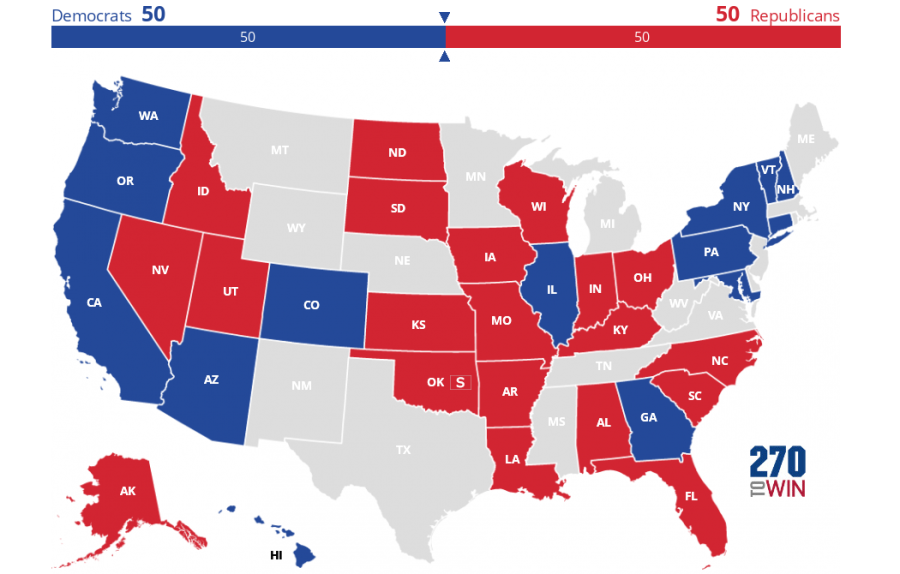

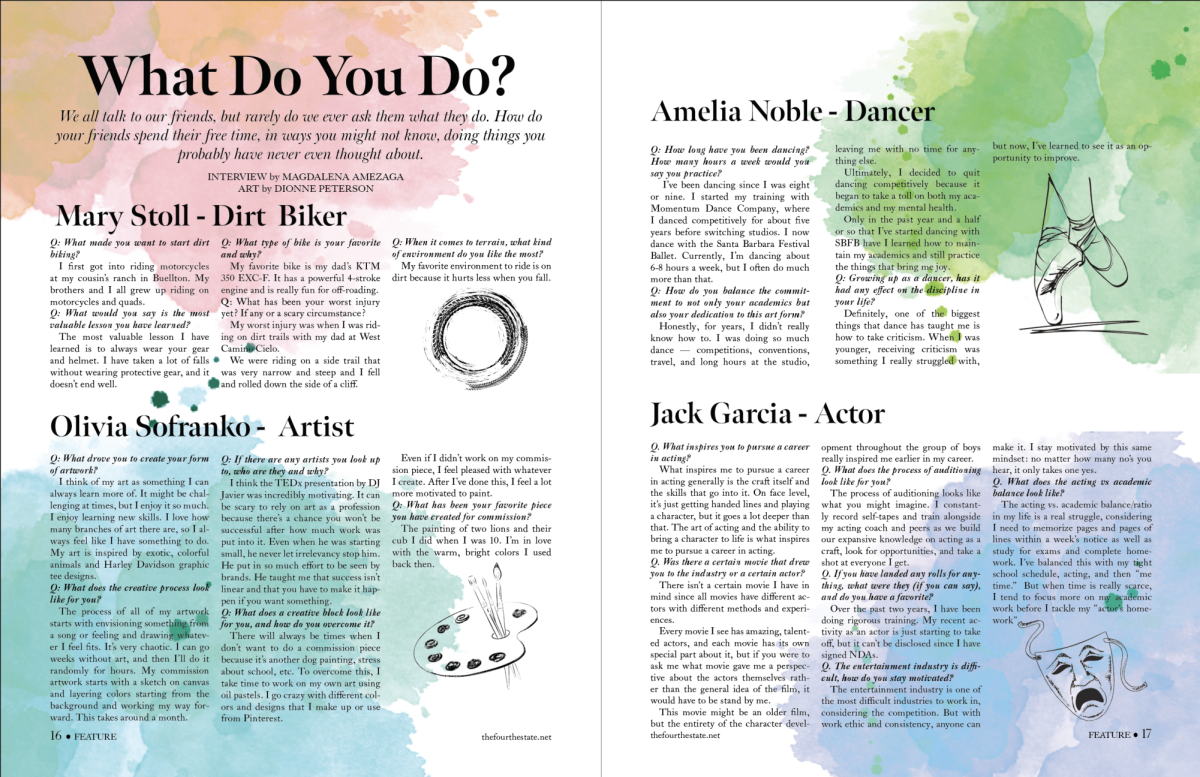

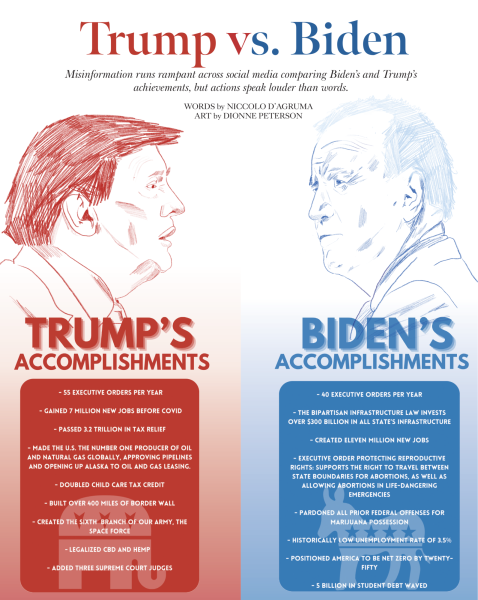


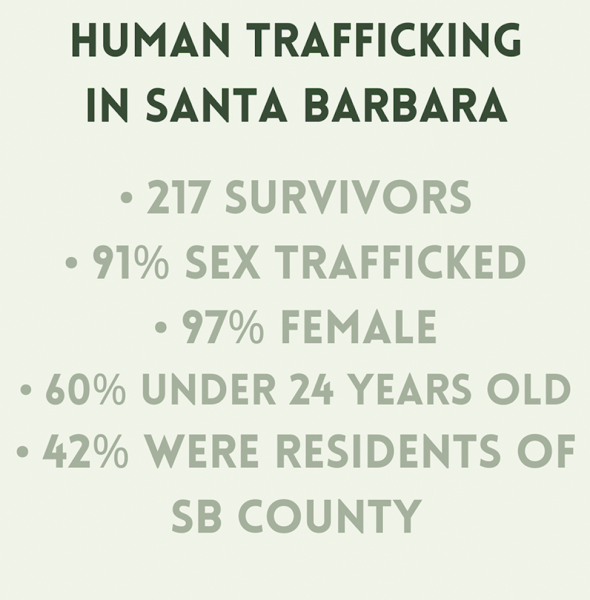

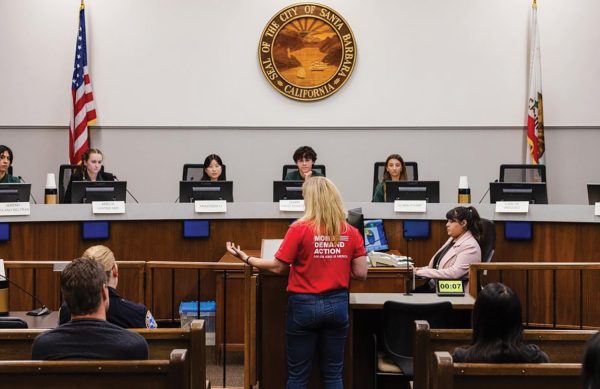




Gus • Oct 3, 2022 at 9:27 PM
I agree.